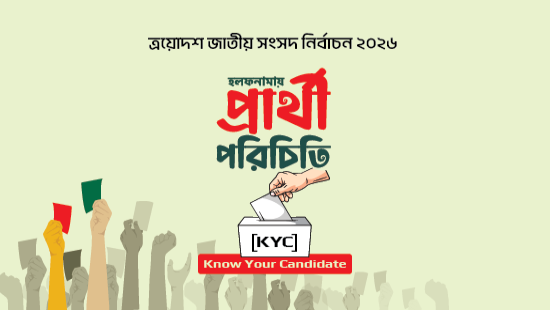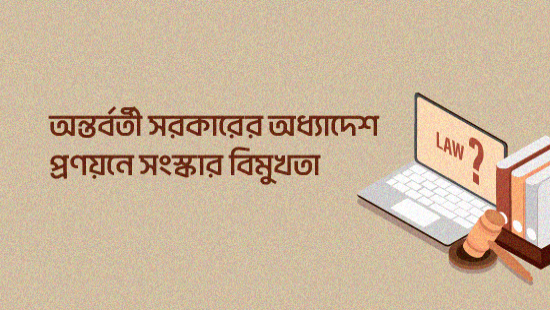Press Release
Dhaka, July 23, 2025: Transparency International Bangladesh (TIB) is deeply concerned that the interim government has not taken any initiative to set-up the Information Commission and the Human Rights Commission, even after nearly one year has passed. TIB stated that the vacancy of these two institutions is an unacceptable example of negligence toward state responsibility. Consequently, this has led to embarrassing records for the government. TIB has called for the immediate formation of both commissions.
In a statement, TIB Executive Director Dr. Iftekharuzzaman said, “The formation of the Information Commission and the Human Rights Commission is a vital symbol of the state's commitment to transparency, accountability, and human rights. Nearly a year into their tenure, the interim government has not demonstrated any visible or effective initiative to reconstitute either of the commissions. No clear explanation has been provided for the prolonged period during which the commissions remain unconstituted. Regardless of how ineffective these institutions may have been in the past, leaving them without leadership for almost a year has not only set an embarrassing precedent, but also reflects a concerning indifference to the government’s promise of ensuring free flow of information and protection of human rights. Keeping these two key institutions leaderless for such a prolonged period is not only regrettable—it directly contradicts the core mandate of the interim government, which was entrusted with state reform. This vacuum has effectively undermined citizens' access to information and the basic avenues for redress in cases of human rights violations. It brings up a question, does the government plan to make it hard for people to get information or keep victims of human rights abuses from getting justice while they are in power?”
TIB Executive Director Dr. Iftekharuzzaman stated, “Not having an Information Commission for almost a year is not just an administrative oversight; it is a defiance of the constitutional right to receive information. Without the Commission, citizens have no avenue to seek redress from the highest authority when access to official information is denied. The interim government, which took office following the fall of an authoritarian regime, had pledged to ensure the free flow of information, However, that promise has turned out to be empty. Such a situation is unprecedented in Bangladesh—and virtually unheard of anywhere else in the world. Under these circumstances, we strongly call for the immediate formation of the Commission.”
Regarding the absence of the National Human Rights Commission since last November, Dr. Zaman said, “During the tenure of the ousted authoritarian government, the Human Rights Commission was only a paper tiger. After its fall, there were high hopes that a newly formed Commission would carry-out its mandated responsibilities. However, the reality has been even more disappointing—the country remains without a functioning Human Rights Commission. Despite legal obligations, the prolonged failure to reconstitute the Commission contradicts the government’s stated commitment to protecting human rights. At a time when the United Nations is considering setting-up a human rights office in Bangladesh, leaving the country without its own functioning Commission is a glaring case of playing both sides of the fences.”
In the press release, TIB called for the immediate formation of the Information Commission and the Human Rights Commission to uphold the state’s commitment to democracy, good governance, transparency, and human rights. Moreover, in order to ensure that both commissions function independently, effectively, and in a way that garners public confidence, TIB strongly urged for institutional and legal reforms.
Media Contact:
Mohammad Tauhidul Islam
Director, Outreach and Communication
Phone: +8801713107868
Email: tauhidul@ti-bangladesh.org







